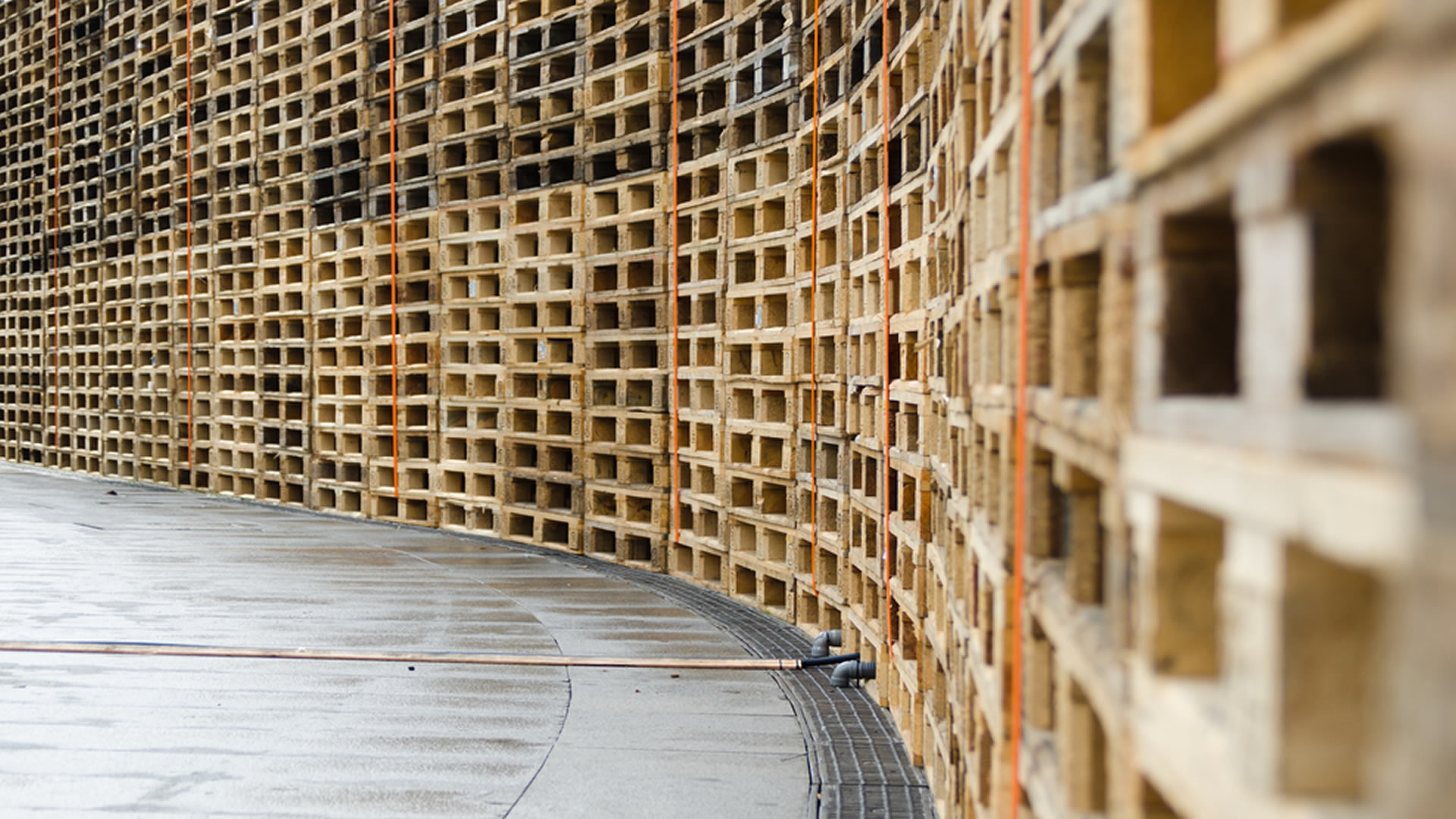
Promoting Sustainability by Tracking Use of Shipping Materials
An international machining wanted to pursue better sustainability by tracking packaging through the supply chain using NFC tags.
An international industrial machining company wanted to take steps to eliminate waste in the supply chain to meet anticipated requirements from the companies and governments that it worked with. The nature of the business made it difficult to measure actual material savings in manufacturing, so the first target was to increase the recyclability of shipping containers and materials.
The organization decided on a combination of RFID and NFC technology to create a traceable path for shipping materials from creation through shipment and return. Individual markers on pallets and crates would be scanned and monitored when they left the facility creating a “trip” in the associated software. Any packaging associated with a trip could then be queried over time to see if it was returned.

To achieve maximum results, the company created a digital experience that could be triggered by the NFC tag on the product that would explain the method for return and provide contact information. At the creation of the program, they offered cash and merchandise rewards that anyone that returned packaging was eligible for.
Comprehensive analytics in the smart packaging software and the packaging database allowed them to create reports that detailed how often a particular item was used and calculate the environmental impact of reuse vs destruction. These reports were widely circulated internally and used as part of the organization’s environmental impact reporting.
Tapwow Takeaways
- Markers on products make it easy to identify and track any item including packaging on a single or several trips using the same marker.
- Something in it for the user, rewards for recycling in this case, increase user participation and help to drive adoption of desired behaviors.
- Compliance drives many smart packaging endeavors because companies must do something. In this case, an anticipated requirement for recycling made it easier to approve the project.
